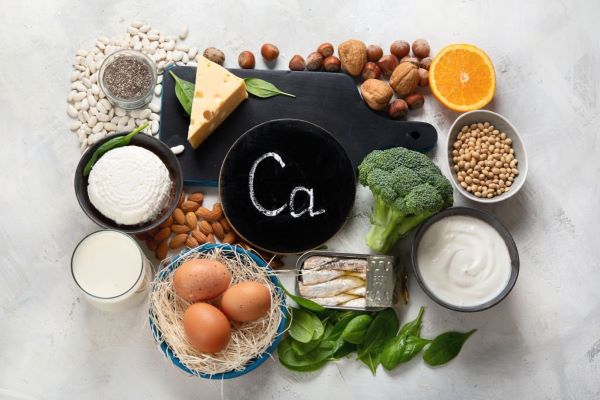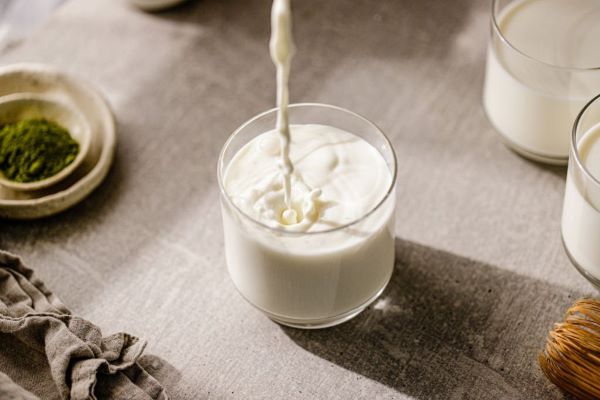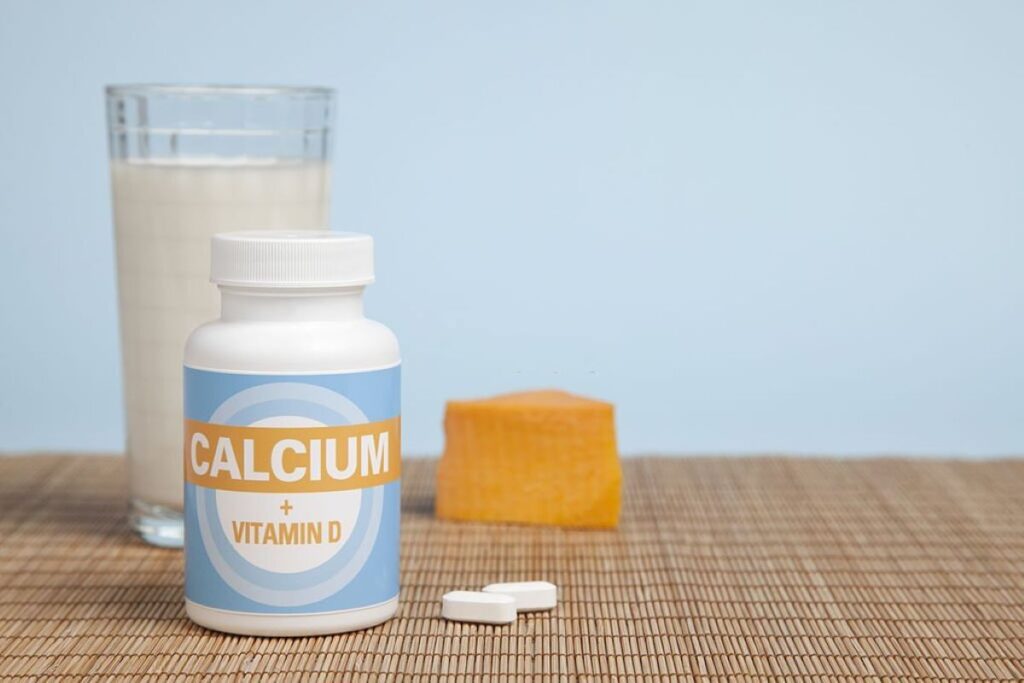Calcium is an essential mineral that is well-known for its role in supporting strong bones and teeth. Many people are encouraged to consume calcium-rich foods or supplements to maintain their health. However, recent studies have raised questions about the relationship between calcium intake and lung cancer risk.
In this blog post, we will explore the findings from a large-scale investigation that examined the associations between lung cancer risk, calcium intake from foods and supplements, and major calcium-rich foods.
Calcium, Milk Intake, and Lung Cancer Risk Connections
Researchers pooled data from 12 prospective cohort studies conducted in the US, Europe, and Asia to investigate the relationship between calcium intake and lung cancer risk. The study included 1,624,244 adult men and women, with 21,513 incident lung cancer cases identified during a mean follow-up of 9.9 years.
The researchers categorized calcium intake based on Dietary Reference Intake recommendations and used a quintile distribution to categorize calcium-rich food intakes.
No significant association between calcium intake and lung cancer risk
Contrary to previous studies, recent investigations found that overall dietary calcium intake was not significantly associated with lung cancer risk.
Participants with higher calcium intake (>1,500 mg/day for men or >1,800 mg/day for women) and lower intake (≤500 mg/day for men or ≤600 mg/day for women) showed no significant difference in lung cancer risk compared to those with recommended intake (800-1,200 mg/day).
Milk intake was associated with a higher lung cancer risk
Interestingly, a positive association between milk intake and lung cancer risk was identified. Participants who consumed more milk had a 1.07 times higher risk of developing lung cancer than those who consumed less. This finding was significant only in European and US.

More Soy food intake means lesser lung cancer risk
On the other hand, soy food intake appeared to have a protective effect against lung cancer. Participants who consumed more soy foods had a 0.92 times lower risk of developing lung cancer than those who consumed less.
Calcium supplements are not the culprit for lung cancer risk
There is no significant association between calcium supplement use and lung cancer risk. This finding suggests that the observed associations with milk and soy food intake are specific to those food sources and not due to calcium intake alone.
Calcium Supplementation and Calcium-Rich Food Dilemma
The findings from this largest prospective investigation suggest that calcium intake is not significantly associated with lung cancer risk.
However, the study identified a higher risk of lung cancer among participants who consumed more milk, an important calcium source. Conversely, soy food intake appeared to protect against lung cancer.
These results underscore the importance of considering food sources of calcium in studies of calcium intake. Health professionals and individuals must know these associations when making dietary recommendations and choices.
While calcium is important for maintaining bone health, it is crucial to consider the potential risks associated with specific food sources, such as milk.
Factors Need to Consider While Dealing WIth the Dilemma
While the findings of this investigation offer valuable insights into the relationship between calcium intake, milk consumption, and lung cancer risk, it is important to consider the study’s limitations.
First, the study relied on self-reported dietary data, which may be subject to recall bias and inaccuracies. Additionally, the study did not account for changes in participants’ diets over time, which could potentially affect the observed associations.
Furthermore, the investigation included participants from the US, Europe, and Asia, which may introduce dietary patterns and calcium sources variability among the different populations.
As the positive association between milk intake and lung cancer risk was significant only in European and US studies, it is crucial to consider potential cultural and lifestyle factors that may influence these findings.

Potential Mechanisms Behind Calcium and Lung Cancer Associations
You must be wondering if calcium supplementation is not associated with lung cancer, then how come calcium-rich food like milk does the damage? Here are the potential reasons.
Milk’s fat content
Milk, especially whole milk, contains saturated fat, which is linked to increased inflammation and may promote cancer development. However, the study did not differentiate between whole milk and lower-fat milk varieties, so it remains unclear whether milk’s fat content contributes to the observed association with lung cancer risk.
Can you take supplements like creatine with milk?
Hormones and growth factors in Milk
Milk contains various hormones, such as insulin-like growth factor-1 (IGF-1), which may stimulate cell growth and promote cancer development. Further research is needed to determine if these factors in milk contribute to the increased lung cancer risk.
Isoflavones in soy foods
Soy foods are rich in isoflavones, a type of phytoestrogen that has been shown to have anti-inflammatory and antioxidant properties. These bioactive compounds may help protect against cancer development, potentially explaining the inverse association between soy food intake and lung cancer risk observed in this study.
Final Words
Consume various calcium-rich foods, including leafy green vegetables, nuts, seeds, fortified plant-based beverages, and milk alternatives. This can help maintain adequate calcium levels while minimizing potential risks associated with milk consumption.
Check our blogs to learn more about supplements.

I am a health and wellness enthusiast working in a Pittsburgh-based wellness clinic. My primary role as a consultant is to tailor a balanced lifestyle for my patients, where positive steps and potent supplements play a synergistic role.

